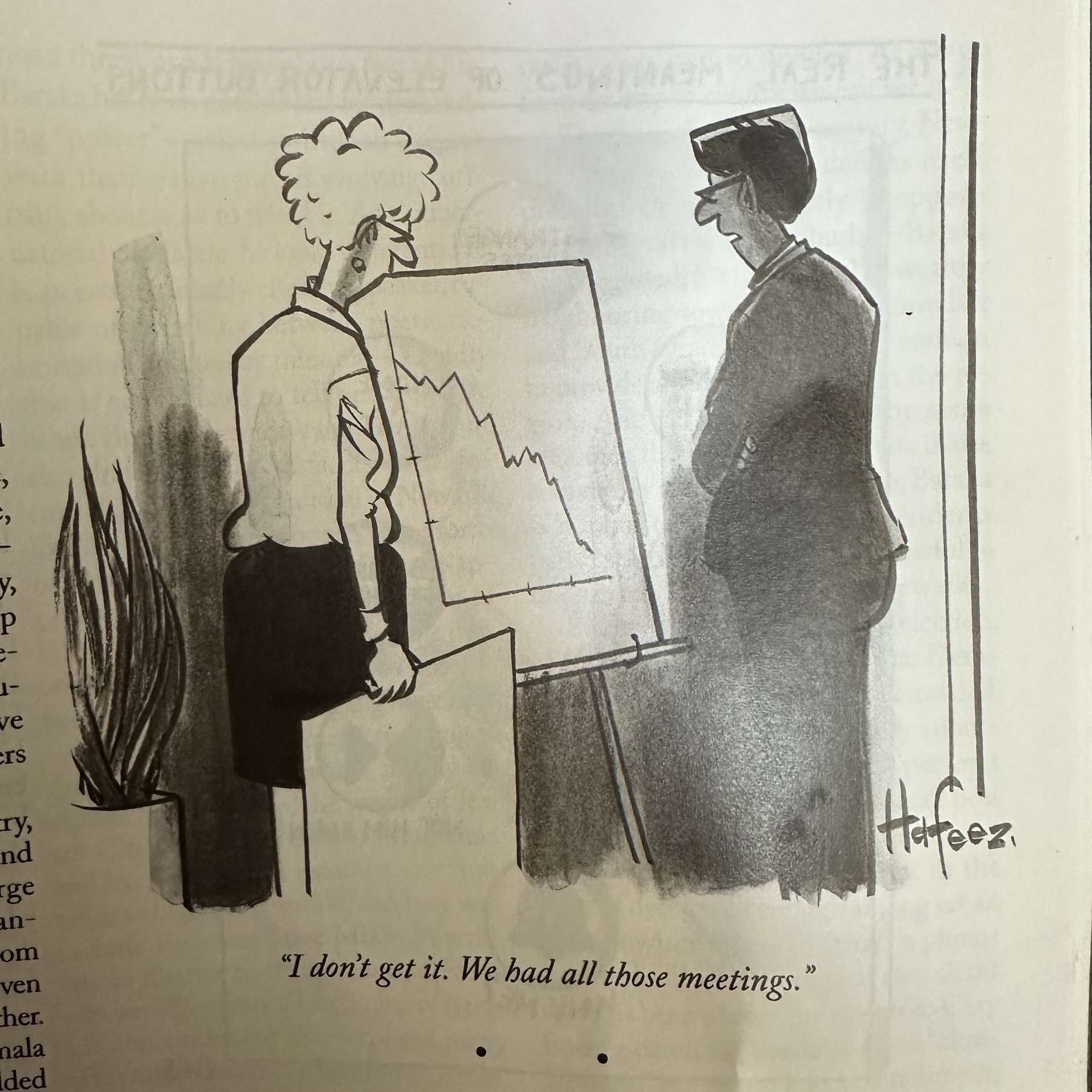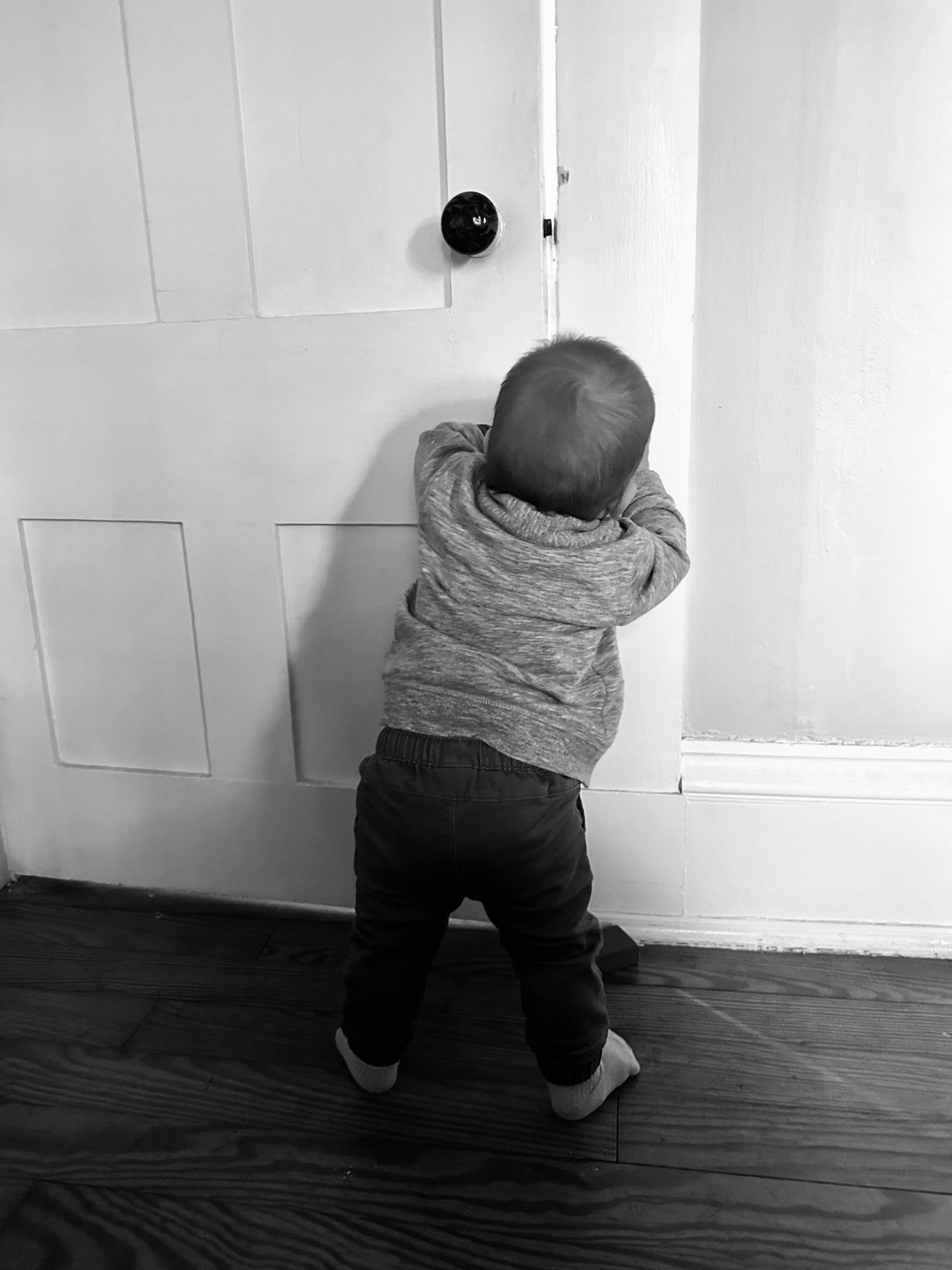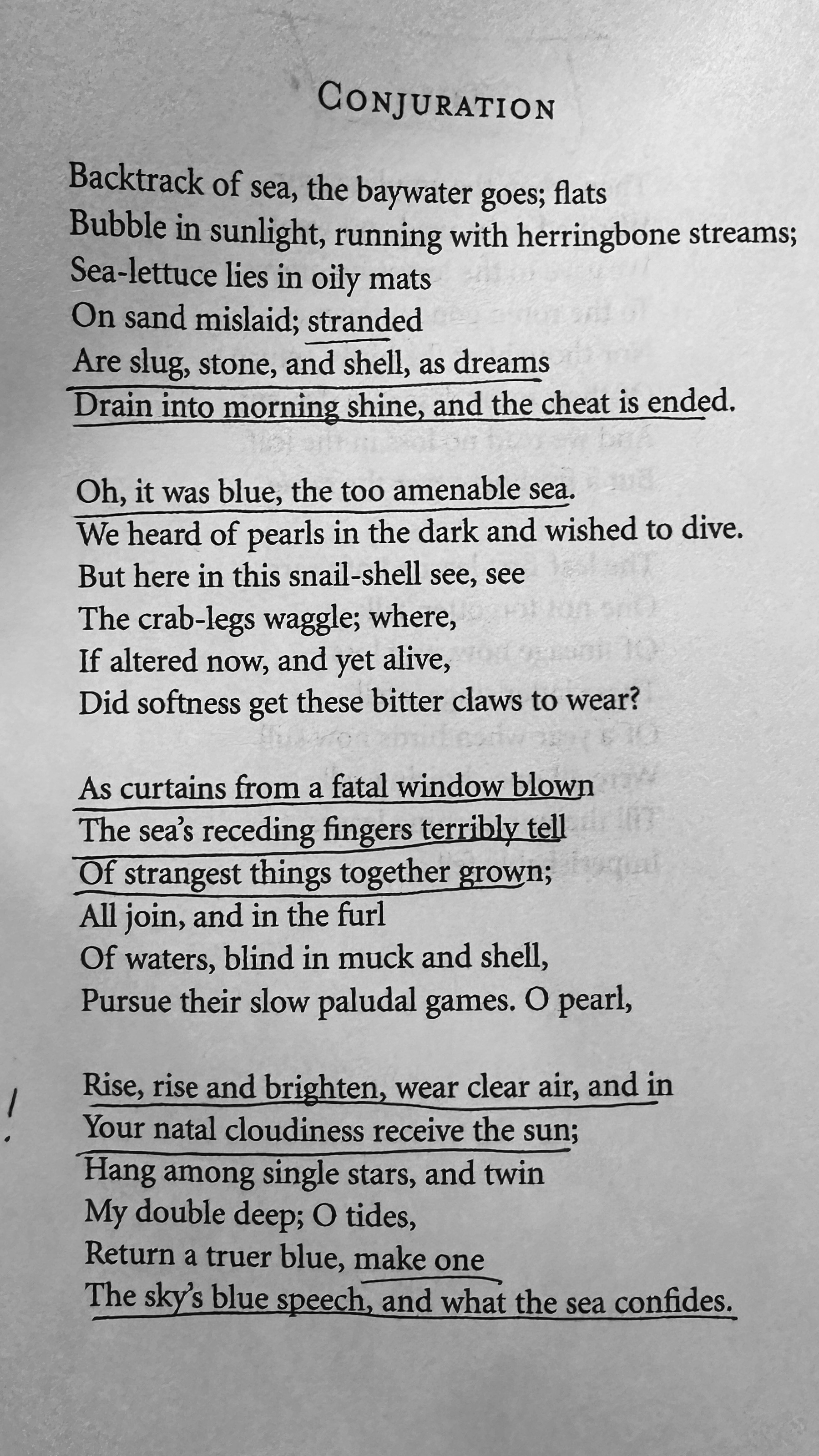
Finished reading: The Rigor of Angels: Borges, Heisenberg, Kant, and the Ultimate Nature of Reality by William Egginton 📚
A very enjoyable read. I don’t often delve into the world of quantum anything, but when I do it’s usually fun. (George Musser’s Spooky Action at a Distance and Carlo Rovelli’s Helgoland are two that always come to mind.)
I love not only how diverse Egginton’s subject is, seen through the distinctive lives of Borges, Kant, and Heisenberg (literature, philosophy, and science, respectively), but also how incredibly old it is: the book opens with, and never fundamentally moves on from, Plato’s Parmenides dialogues.
Robert Alter said of the 2500-year-old book of Ecclesiastes and its questionably pious epilogue, which arguably sought to “domesticate Qohelet’s doctrinal wildness,” “It is surely attributing far too much naiveté to the ancient readers to imagine that a few dozen words of piety at the end would deflect them from seeing the subversive skepticism emphatically reiterated throughout the text.”
He goes on:
What continues to engage the moral and philosophical imagination … is the writer who unblinkingly saw all human enterprise as herding the wind, who envisaged the same grim fate for rich and poor, for the righteous and the wicked, and who was led to question whether wisdom itself in the end had any advantage over foolishness.
Far from triumph, there is a leveling effect to be found in the heights of human knowledge. Here’s Egginton:
Standing on the precipice of this very instant, we stare into the abyss of the eternal. Desire for that abyss fuels powerful human impulses: romantic ecstasy; religious fervor; artistic creation; compassion for others; even the courage and conviction to transcend our inclinations and do the right thing, no matter the cost to ourselves. But to believe we can exposit that abyss, that we can package it into the language and logic of space and time—to think we can visualize the impossibly small, the infinitely whole, describe the world before its beginning or after its end, know the fate written in our stars—such pretension leads us astray.
Tell me that doesn’t sound like Qohelet.
I mentioned before that it reminded me of Jonathan Pageau’s “Most of the time the earth is flat.” Pageau ends that (first) piece with this:
Multiple cosmologies should be able to coexist and play different functions, some more philosophical and human and others more technical and mathematical. But in our lives most of the time, the Earth is flat. Most of the time, the Heaven is up and the Earth is down, most of the time means in those instances when I am interacting with my family, my society and my enemies. And most of all, if we wish to understand religion and its symbolism, if we wish to understand the Bible or icons or church architecture we must anchor ourselves to the world of human experience, for that is where we can love our neighbor. We must force ourselves to believe that the sun rises every morning, or that the moon waxes and wanes and honestly it should not be so difficult, because despite Galileo and Newton and Einstein I’m pretty sure I will find some Truth in tomorrow’s rosy fingered dawn.
So much wisdom in life simply has not changed in human history. And the real place for it is always right in front of us.
Here’s Egginton again:
We see evidence for the existence of this moral law everywhere, [Kant] said; in the least impressive of our fellows, in the most abominable of men, we can at times glimpse an act of righteousness, a spark of goodness. And when we do, Kant wrote, we can feel our spirit bow down in respect, even if we wish to resist that feeling and remain aloof.
There is a line from Elizabeth Bowen that Christian Wiman has quoted many times and that I think would have made for a fitting end/direction for Egginton’s epilogue:
To turn from everything to one face is to find oneself face to face with everything.
(I mentioned somewhere else that Sarah Hendren (@ablerism) has two posts on the book — here and here — that are not only excellent reflections but that probably give a better idea of the book’s contents than I have.)







